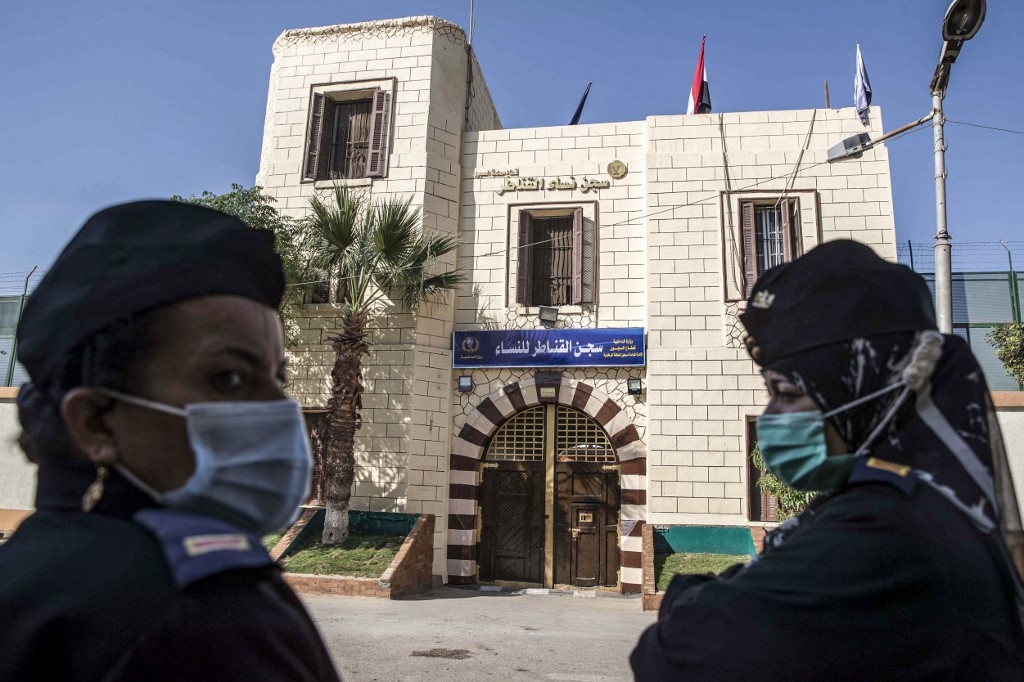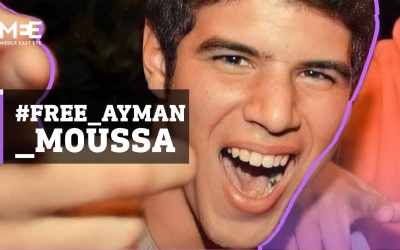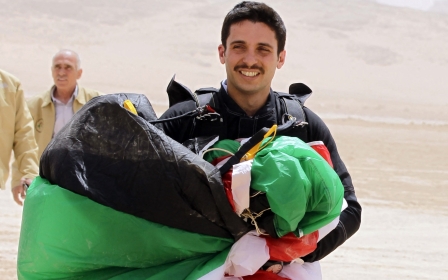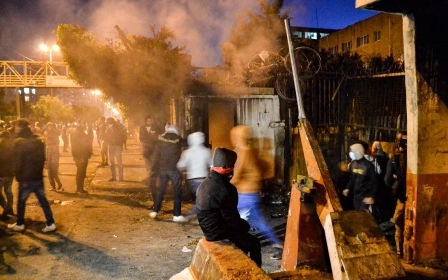Arabic press review: Egypt builds 35 new prisons since 2011 revolution

Egyptian regime builds 35 prisons since 2011
Egyptian authorities have built 35 new prisons in just 10 years, despite increasing demands from human rights organisations to release political detainees and improve human rights conditions, according to a report by an Egyptian rights group.
The Arabic Network for Human Rights Information (ANHRI) said on Tuesday that the massive expansion in prison infrastructure in Egypt since the outbreak of the January 2011 revolution “did not contribute to the improvement of prisoners’ conditions, as inmates are subjected to severe violations and extremely difficult conditions”, Al-Quds Al-Arabi newspaper reported.
There are currently 78 prisons in Egypt, including the 35 new facilities, 17 of which were established from September 2016 to March 2021, the group said.
According to ANHRI, numerous violations against prisoners were taking place inside Egyptian detention facilities, especially against the political inmates and activists of the January revolution. In addition, the group said, there were legal breaches such as punishment by pre-trial detention, preventing families from providing homemade meals, solitary confinement, the deprivation of inmates' right to phone calls and the gaining of financial profits at the expense of prisoners’ suffering.
The number of prisoners and detainees in Egypt is estimated at 120,000, which is close to what was announced by a pro-regime media figure, according to Al-Quds Al-Arabi.
Former Qatari PM says US behind Jordan crisis
Sheikh Hamad bin Jassim Al Thani, Qatar’s former prime minister and minister of foreign affairs, claimed that the recent crisis in Jordan was planned by the United States in coordination with a country in the region, according to a series of tweets he posted on Monday.
The former Qatari official said that the alleged plan was to replace King Abdullah II as a punishment for his previous positions on the Palestinian cause and Jerusalem.
Bin Jassim stated: "What happened recently in the sisterly Hashemite Kingdom of Jordan has been planned for a long time by some officials of the previous US administration and one of the countries in the region. They wanted to replace the current regime in Jordan under the leadership of King Abdullah II.
"The main reason behind this failed attempt is King Abdullah's stance against any normalisation process at the expense of the Palestinian cause, and that position was an obstacle to these plans.
"Is it not time to stop these adventures that weaken our region and make others underestimate us?" the former Qatari PM added.
Bin Jassim continued: "Jordan's stability is very important to the Gulf Cooperation Council, and supporting the stability of the political system there is a duty, because we need more stability and credibility in the region to serve our interests.”
Foreign investment in Dubai halves
Official government data showed a decline in foreign direct investment in Dubai by 53 percent during 2020, decreasing to 24.7bn dirhams ($6.7bn) on an annual basis under the pressure of the coronavirus crisis, reported the New Khalij.
Foreign direct investment in Dubai amounted to about 46.6bn dirhams (about $12.6bin) in 2019, which means that it plummeted by half over the past year.
According to a report issued by the Dubai Investment Development Agency (Dubai FDI), Dubai attracted 455 projects in 2020, while recording an increase of 4,000 projects over the average of the last five years.
According to the report, the projects funded by foreign investments provided 18,325 jobs last year.
Despite this decline, the report said that Dubai ranked first in the Middle East and North Africa region and third in the world in terms of attracting foreign direct investments.
*Arabic press review is a digest of reports that are not independently verified as accurate by Middle East Eye
Middle East Eye propose une couverture et une analyse indépendantes et incomparables du Moyen-Orient, de l’Afrique du Nord et d’autres régions du monde. Pour en savoir plus sur la reprise de ce contenu et les frais qui s’appliquent, veuillez remplir ce formulaire [en anglais]. Pour en savoir plus sur MEE, cliquez ici [en anglais].





